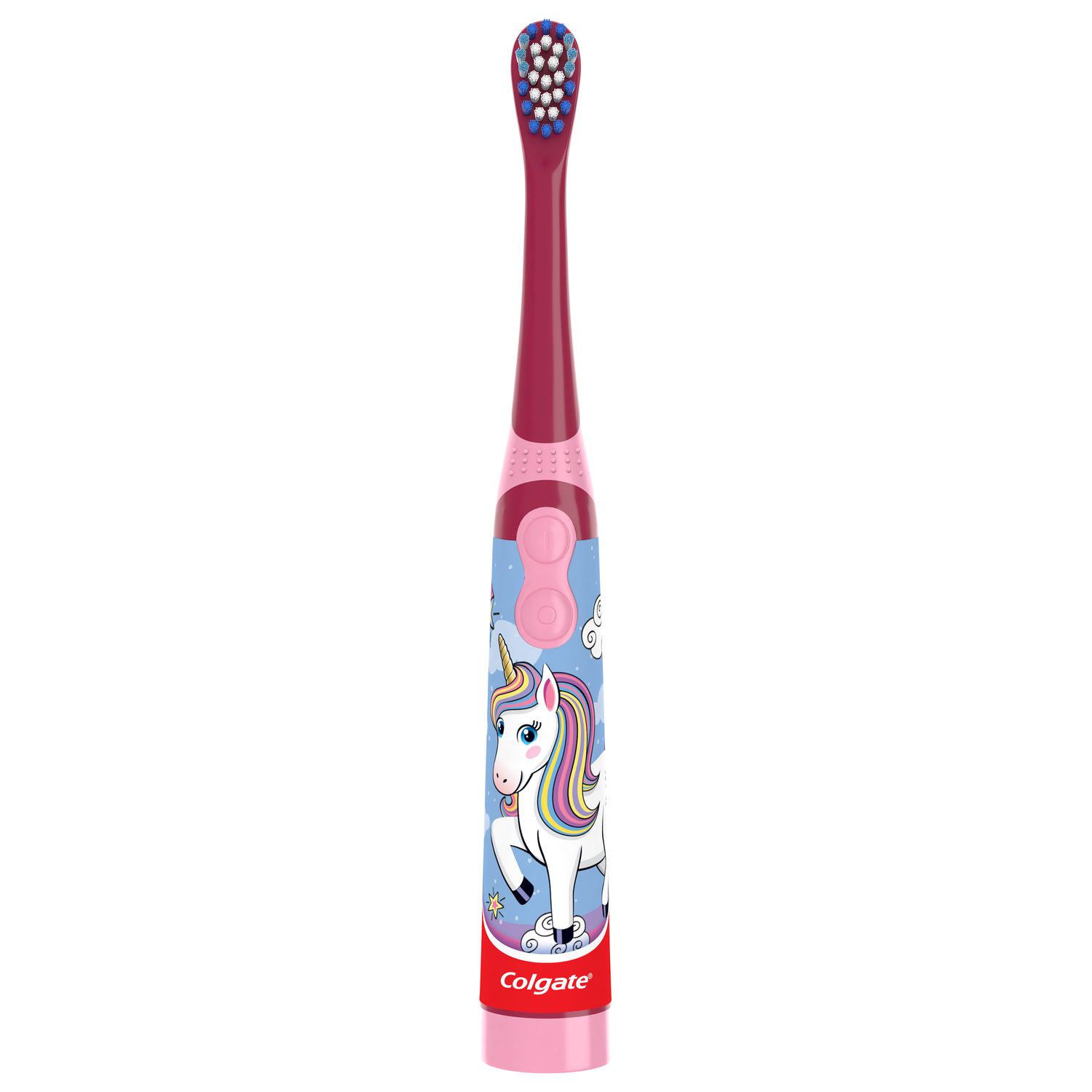-
-

FLUORIDE
What Is Stannous Fluoride Toothpaste?Discover what is Stannous Fluoride Toothpaste and its importance to prevent cavities and other oral health problems.

TEETH WHITENING
Whitening toothpaste - hydrogen peroxide vs. carbamide peroxideIf you lose one or more of your front teeth due to injury or decay, you may feel ...
-
Science & InnovationOral Health Commitment
- Oral Health Commitment
- Bright Smiles, Bright Futures
- Educational Resources
- Mobile Dental Van
- Volunteer
- ORAL HEALTH CHECK
- PRODUCT MATCH
- Oral Health and Dental Care | Colgate®
- Oral Health
- Understanding Macrodontia: What It Is And How To Treat It | Colgate


Macrodontia is a condition where one or more teeth grow at a different rate from the others and exceed the average size. The result is an abnormally large tooth or teeth that can cause challenges for the patient, such as teeth misalignment, overcrowding and confidence issues. It may also be a symptom of an underlying medical problem, especially in children with other distinctive symptoms.
Types and Causes
Macrodont teeth may be caused by a variety of conditions and rarely appear on their own without another genetic or systemic cause. Dental practitioners typically see one of three categories develop in young patients:
Solated macrodontia. In these cases, only one tooth grows larger than the others. The Journal of Contemporary Dental Practice reports that the isolated form is extremely rare, but is slightly more common in men than in women. Certain genetic and environmental causes, such as insulin-resistant diabetes, otodental syndrome, pituitary gigantism, pineal hyperplasia and unilateral facial hypoplasia, are all linked to a risk of macrodontia.
True generalized macrodontia. This form occurs when a patient's teeth all grow larger than normal. This is usually a symptom of a rare disorder called pituitary gigantism, notes a case report in the Pakistan Oral & Dental Journal. The University of California Los Angeles Health notes that pituitary gigantism occurs when the pituitary gland produces excessive growth hormone. The condition is identified in childhood and other symptoms include enlarged feet and hands, enlarged facial features or headaches.
Relative generalized macrodontia. This form usually happens when a patient has an undersized jaw but normal or slightly enlarged teeth. The teeth appear larger in relation to the small jaw, giving what the book General and Oral Pathology for the Dental Hygienist calls an illusion of excessively large teeth.
Treatment Options
Your family dentist will be able to identify if your child has any enlarged teeth. The dentist will ask you about any other symptoms you might have noticed and may refer you to a pediatrician for a medical opinion. If an underlying condition, like pituitary gigantism, is the cause, your child's doctor and dentist can collaborate on a treatment plan.
For macrodont teeth that are not caused by a genetic or environmental condition, The Journal of Contemporary Dental Practice notes that treatment is often unnecessary unless desired for cosmetic reasons. However, a case report in the Journal of Clinical and Diagnostic Research explains that macrodont teeth can sometimes fail to erupt from the gums or need to be extracted.
If overly large teeth cause crowding, your dentist may recommend orthodontic treatment to prevent cavities that could form in the hard-to-clean tight spaces between the crowded teeth, says the Journal of Clinical and Diagnostic Research.
If your child shows signs of developing a larger-than-average tooth, don't disregard it just because it appears healthy. Working with your child's dentist and pediatrician can make a world of difference to your child's dental health, overall health and confidence.
Oral Care Center articles are reviewed by an oral health medical professional. This information is for educational purposes only. This content is not intended to be a substitute for professional medical advice, diagnosis or treatment. Always seek the advice of your dentist, physician or other qualified healthcare provider.
Related Articles

Kids oral care
Tiny TeethElevate your child's oral care routine with expert tips tailored for tiny teeth. Get essential tips to ensure your child's dental health from Colgate.

Kids oral care
Two Teeth-Shaped Treat Recipes For Fun and EducationJoin the fun of baking teeth cookies with your family, a delightful activity that highlights the importance of dental hygiene tools and techniques.

Kids oral care
How to Smile for School Pictures: Give Them the Perfect SmileOne of the most important elements in taking good school pictures has to be the smile. Children will feel more comfortable… Read more at Colgate.com

Kids oral care
Surprising Oral Health Facts About ChildrenAs a parent, you do your best to educate yourself on the issues facing your kids. It's hard to keep up, but oral health facts can help you plan ahead.
Related Products

The Colgate Kids Unicorn Battery Toothbrush provides a great clean made fun.

The Colgate Kids Minions Battery Toothbrush provides a great clean made fun.

My First® Toothbrush from Colgate® is designed for children age 2 and younger, with extra soft bristles for a gentle and effective clean. Try it today!

The Colgate Kids Battery Powered Minecraft Toothbrush is a kids battery toothbrush that provides fun toothbrushing to keep children’s teeth clean and sweep away plaque.

Helping dental professionals
More professionals across the world trust Colgate. Find resources, products, and information to give your patients a healthier future




